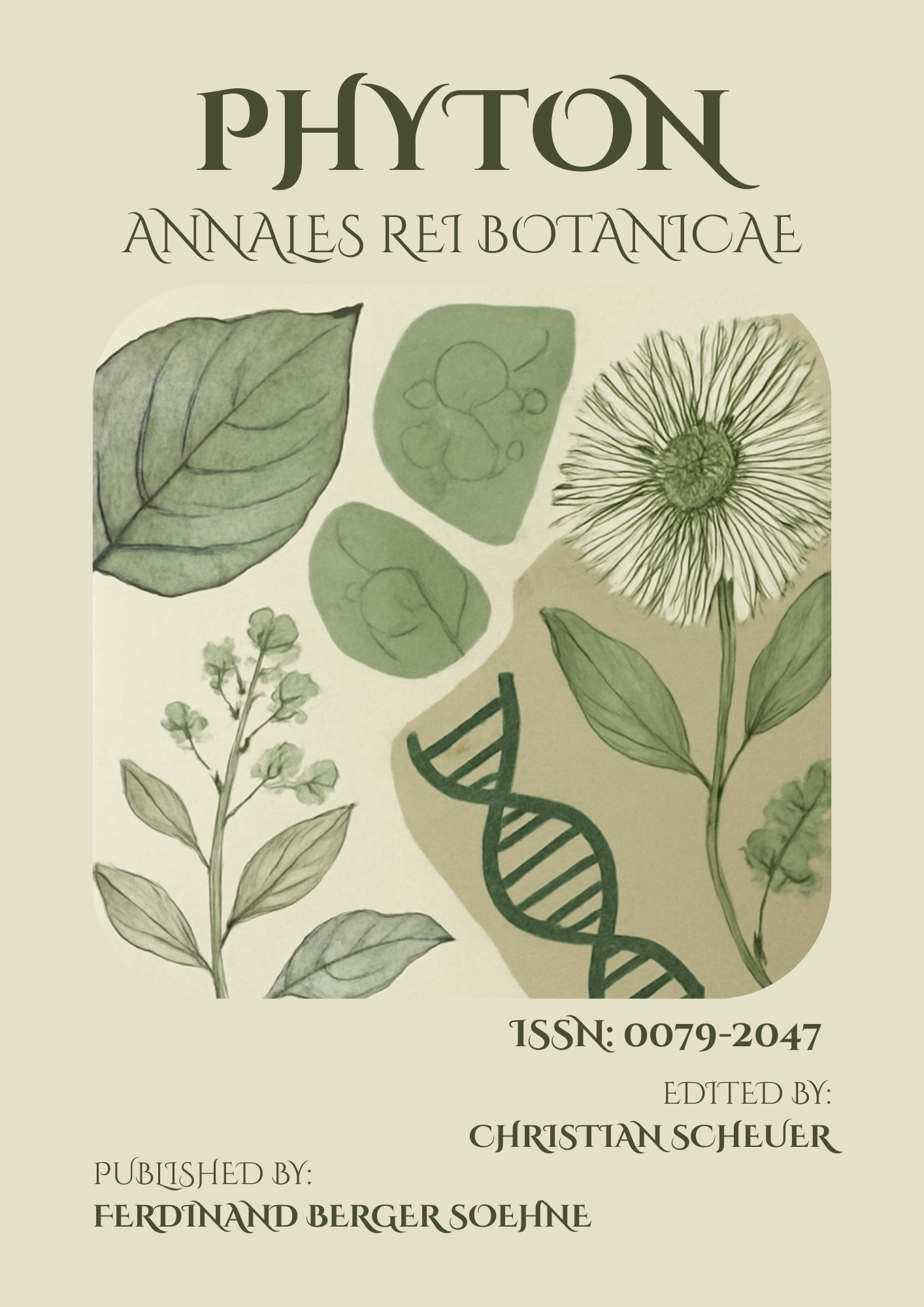The Role of Artificial Intelligence in Enhancing Smart Agriculture Practices in China
Keywords:
Artificial Intelligence, Smart Agriculture, Crop Management, Pest Control, Irrigation, China, SustainabilityAbstract
As China grapples with the challenges of a growing population, shrinking arable land, and climate change, the adoption of artificial intelligence (AI) in agriculture has emerged as a promising solution. This paper explores the role of AI in revolutionizing farming practices in China, particularly in crop management, pest control, and irrigation systems. By evaluating several AI-driven technologies, such as predictive analytics for crop yield forecasting and automated pest detection, the study assesses their effectiveness in improving agricultural productivity and reducing resource consumption. The findings reveal that AI technologies have significantly enhanced the efficiency of farming operations, leading to higher crop yields and more sustainable practices. However, challenges such as high implementation costs, a lack of technical expertise among farmers, and limited infrastructure in rural areas are hindering widespread adoption. The paper concludes by suggesting that policy support, such as government incentives and farmer training programs, is crucial for the successful integration of AI into China's agricultural sector.
Published
How to Cite
Issue
Section
License
Copyright (c) 2022 PHYTON-ANNALES REI BOTANICAE

This work is licensed under a Creative Commons Attribution-NonCommercial-ShareAlike 4.0 International License.
This article is published under the terms of the Creative Commons Attribution-NonCommercial-ShareAlike 4.0 International License (CC BY-NC-SA 4.0). Readers may share and adapt the material for non-commercial purposes, provided appropriate credit is given and adaptations are shared under the same license.



